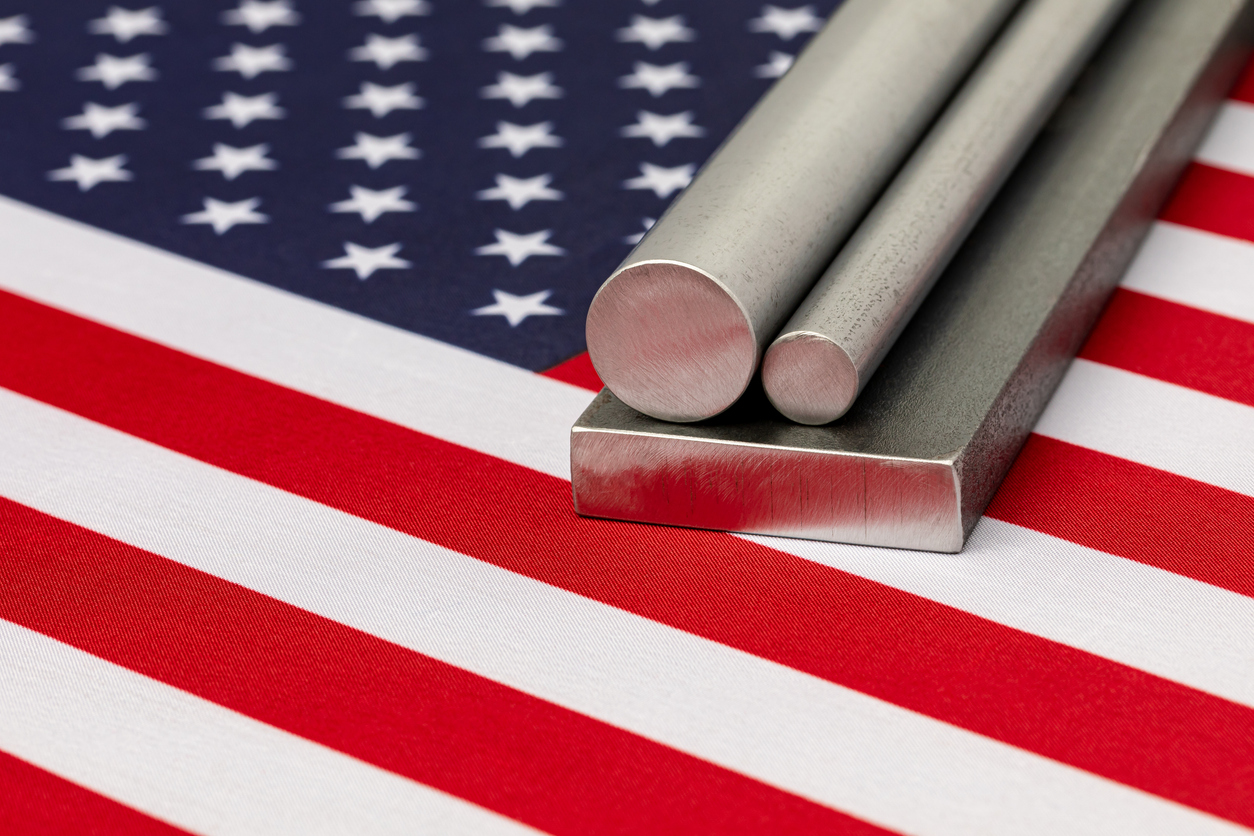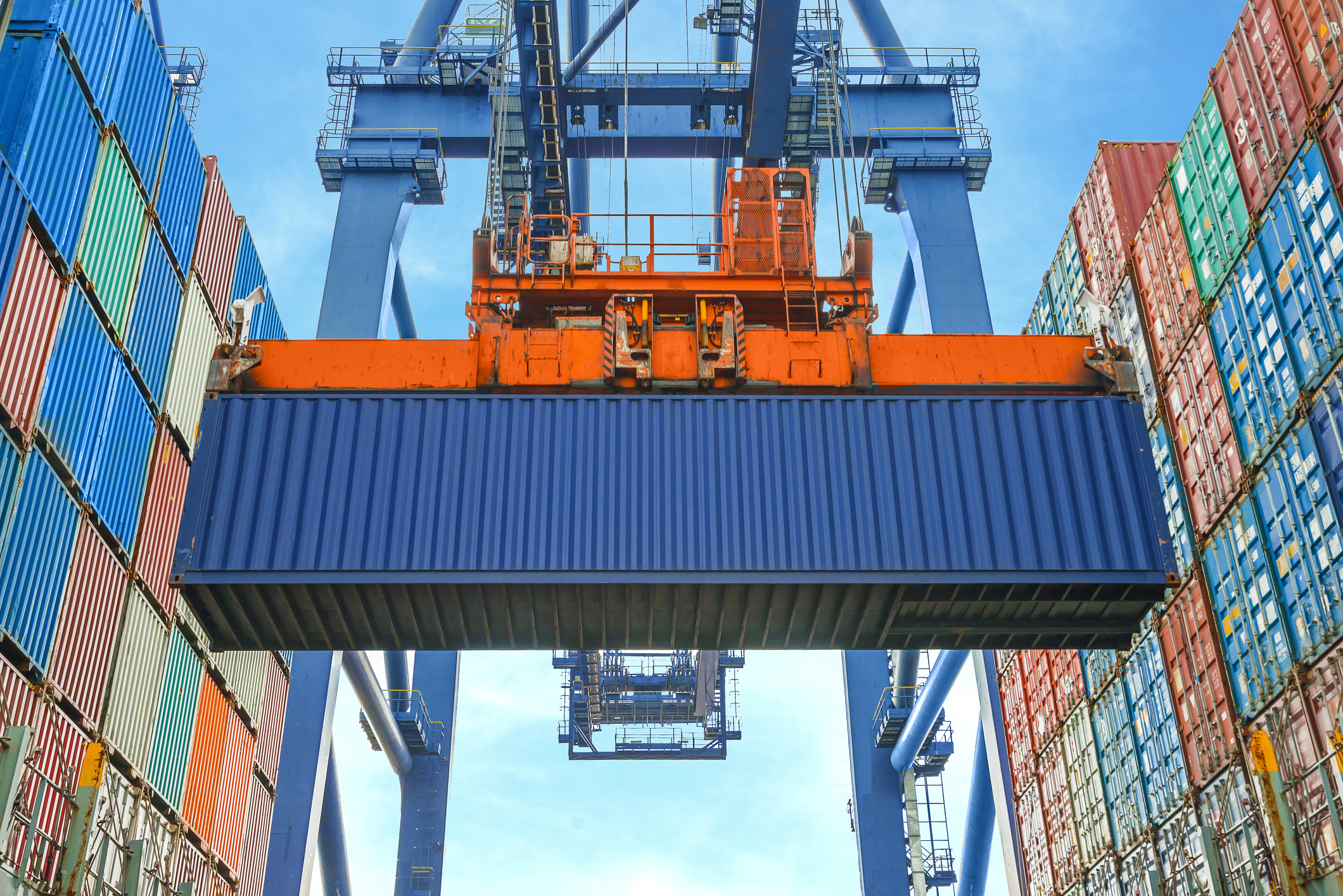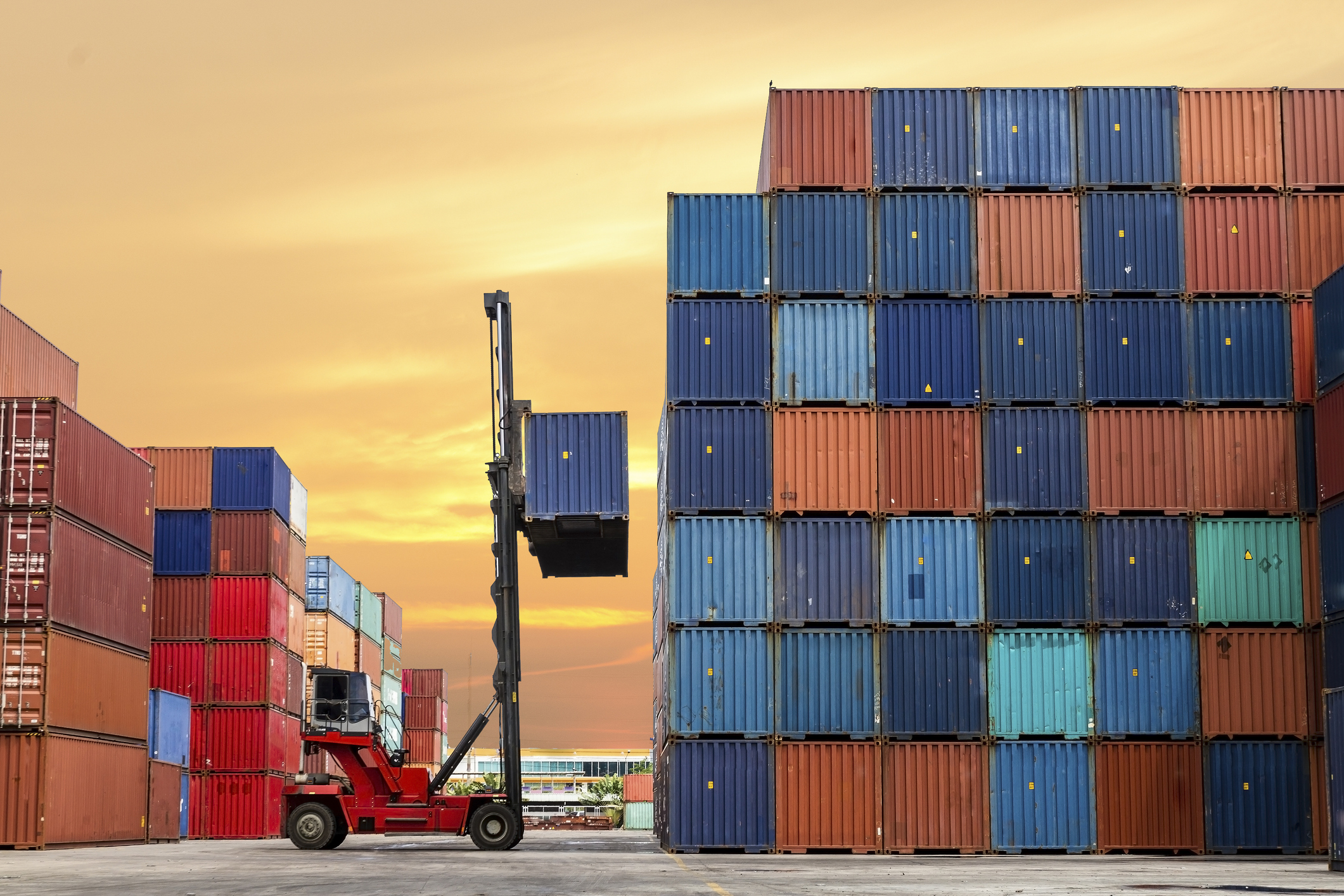How a Cleveland aluminum company’s sophisticated customs fraud scheme highlights massive opportunities for False Claims Act whistleblowers
An aluminum company’s elaborate scheme to evade paying antidumping duties of up to 141.49% on Chinese-made magnesium has been exposed by U.S. Customs and Border Protection (CBP), highlighting both the sophisticated methods importers use to engage in customs fraud and how such misconduct can form the basis for whistleblower lawsuits under the False Claims Act (FCA).
The Magnesium Duty Evasion Scheme Exposed
CBP determined that Cleveland-based Thompson Aluminum Casting Company evaded antidumping duties on imports of Chinese-origin magnesium ingots by transshipping them through Turkey and misdeclaring Turkey as their country of origin.
It found Thompson created an elaborate network using multiple Turkish shippers and suppliers that generated false documentation to create the appearance of legitimate Turkish manufacturing and disguised the Chinese origin of the goods to support its false country-of-origin declarations.
How CBP Detected the Transshipment Fraud
The evidence it uncovered included a series of red flags, including that a purported Turkish supplier lacked warehouse receipts showing it acquired sufficient raw materials to have produced the ingots it supposedly manufactured and exported; that one of the factories had limited production capacity, inconsistent with the volume of ingots it supposedly supplied Thompson; and that timecards for employees purportedly involved in the production process were dated after the goods had already been shipped.
Additionally, a supplier’s catalog did not include the magnesium it had supposedly shipped. At the same time, records showed magnesium sourced by one of the Turkish suppliers from China, while Thompson’s own documents contained significant discrepancies, including mismatched quantities on purchase orders and invoices.
Magnesium is a lightweight structural industrial metal used in aluminum casting processes and the automotive, electronics, and biomedical industries.
Your Rights as a Potential Customs Fraud Whistleblower
While the investigation was conducted administratively under the Enforce and Protect Act, the same type of unlawful practices CBP uncovered can serve as the basis for whistleblower lawsuits under the FCA, which allows individuals with knowledge of fraud against the U.S. government to file claims on its behalf and receive a portion of any recovered funds.
Whistleblowers who file qui tam lawsuits under the FCA can receive substantial financial compensation ranging from 15% to 30% of the amount the government collects. Those rewards can be in the millions of dollars, given that the statute allows the government to recover three times its damages (the amount of the duties evaded), plus penalties for each false claim.
The FCA also provides comprehensive protection for those who come forward, including anti-retaliation protections for employees, confidential filing procedures under seal to protect the identity of the whistleblower during the investigation phase, and legal representation on a contingency fee basis so whistleblowers don’t pay attorney fees unless they win.
Customs fraud whistleblowers play a crucial role in exposing schemes that deprive the U.S. Treasury of import duties and tariffs. Without their information, it is often impossible for CBP to detect such fraud. This is particularly true for complex frauds like transshipment.
Red Flags Customs Fraud Whistleblowers Should Recognize
The practices that CBP uncovered are pervasive, including transshipment through third countries to disguise goods’ actual country of origin, false documentation to support fraudulent country-of-origin declarations, and activity to obscure the supply chain details and product sourcing.
Whistleblowers who observe them could receive significant rewards under the FCA. Common red flags of transshipment include:
- Sudden changes in supply chains involving countries subject to high duties.
- Unusual shipping routes or transshipment through third countries.
- Minimal processing or simple repackaging in those third countries.
- Instructions to create or modify documentation to conceal the true origin of the goods.
If you’ve witnessed similar customs violations—whether involving country-of-origin fraud, undervaluation, or misclassification—you may be able to recover a substantial whistleblower reward. Customs fraud whistleblowers have been rewarded millions of dollars for stepping forward.
Why Choose Experienced FCA Representation
Choosing an experienced customs fraud whistleblower attorney familiar with trade matters is vital if you are considering blowing the whistle.
With over 30 years of experience handling complex fraud cases, including those involving customs duties, customs fraud whistleblower attorney Mark A. Strauss can provide the expertise to protect your rights and maximize your potential reward. Mark A. Strauss Law serves clients nationwide and overseas from our offices in New York and has successfully represented customs fraud whistleblowers who have recovered significant rewards in cases involving major import hubs, including Los Angeles, New York, and Miami.
FCA cases operate under the “first-to-file” rule—only the first whistleblower to file a case on specific fraud ordinarily can receive a reward, so contact us for a free and confidential consultation today.
All consultations are strictly confidential and protected by attorney-client privilege, even if you decide not to proceed, and there is no fee unless you receive a whistleblower award.
Remember: simply reporting violations to CBP won’t entitle you to an FCA whistleblower reward—you must file a lawsuit with proper legal representation.
Don’t let valuable information go unreported. Your knowledge could be worth millions.
Fraud is their game. Integrity is yours.



